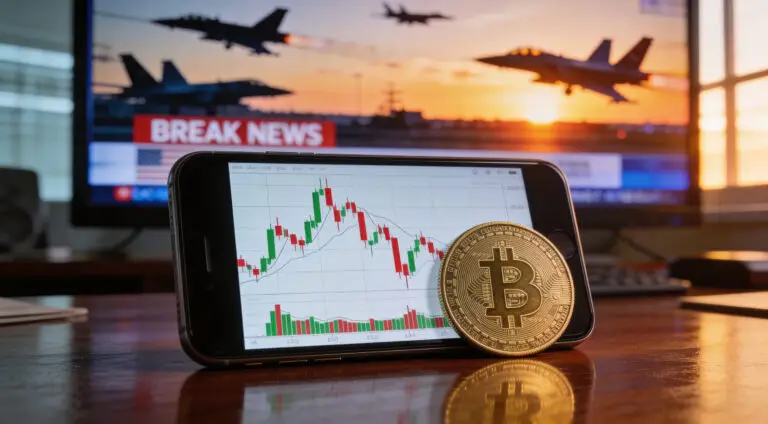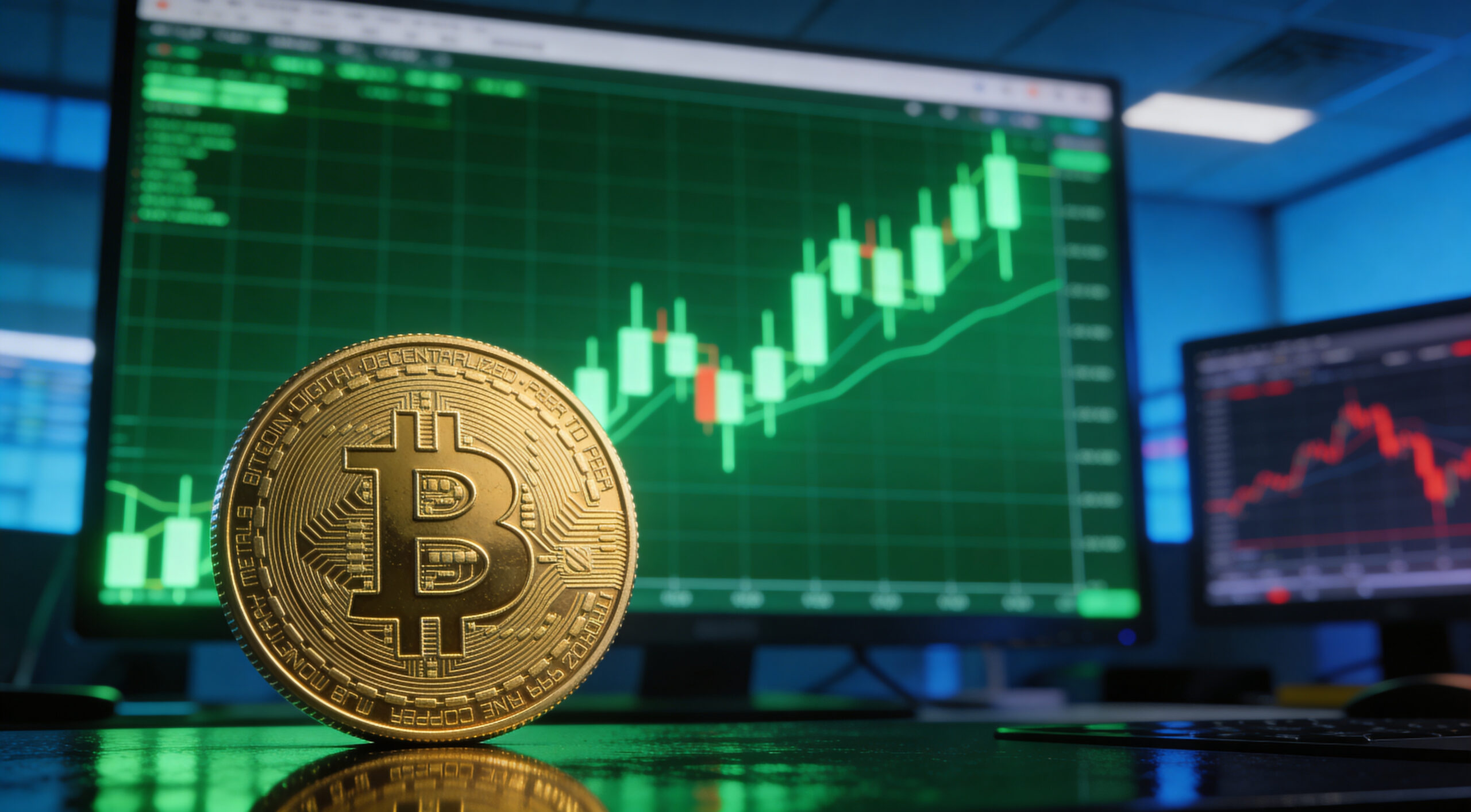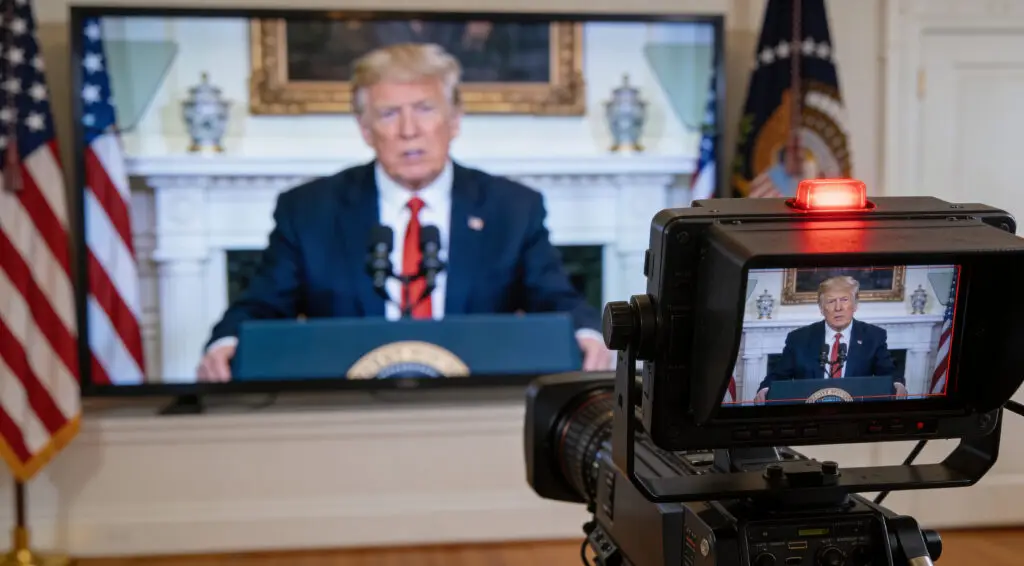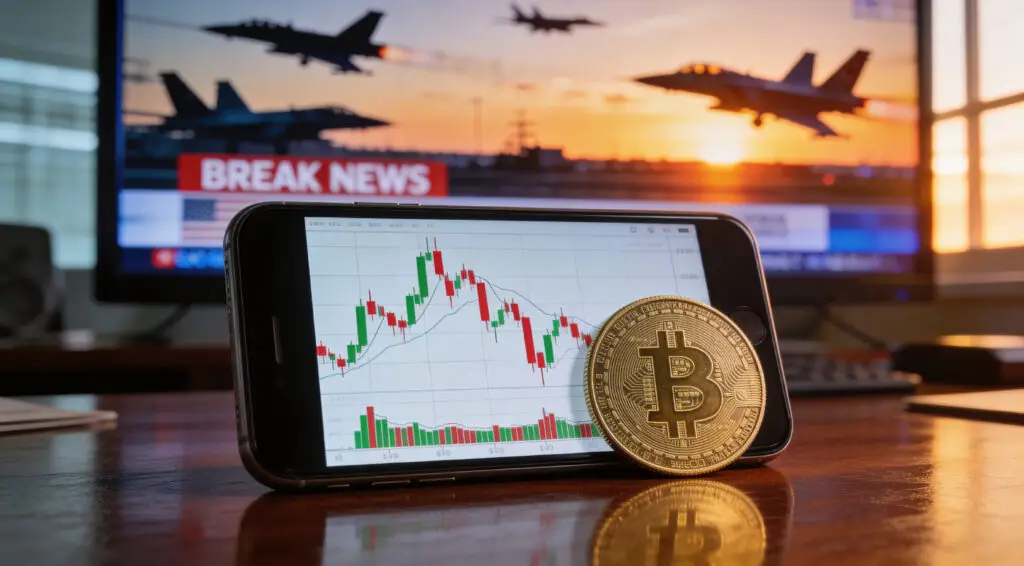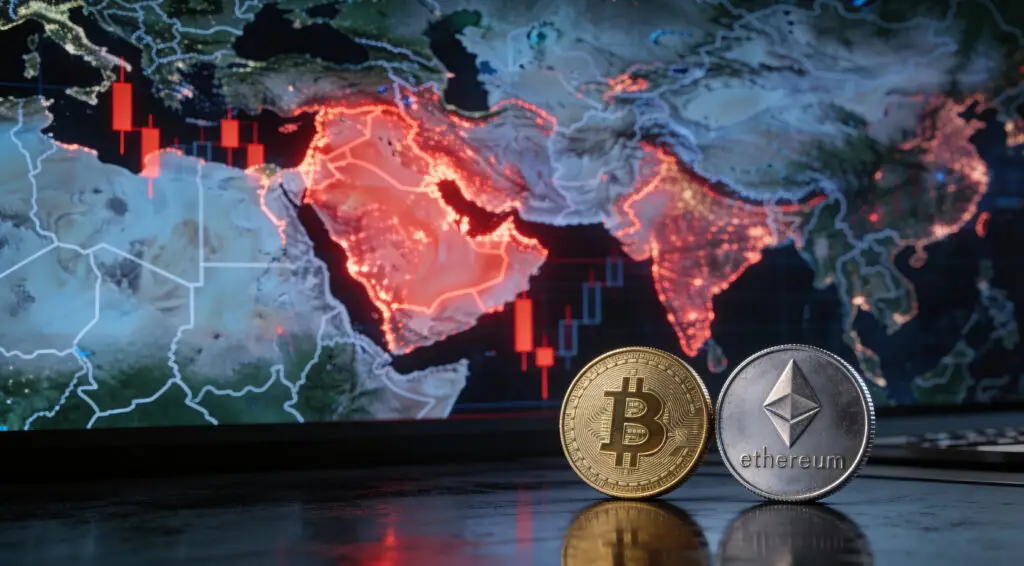The recent hike in tariffs imposed by President Donald Trump, which is already having a drastic effect on the energy market in the US and has been labeled as an “economic revolution” by Trump himself, was described as one of the most damaging policies for the energy industry by Wood Mackenzie—a leading intelligence group in energy. Of all sectors in the economy, it is the power industry that faces the most immediate devastation from such trade policies.
A Frenzied Market: A fall in stocks and fluctuation in prices of oil add to instability.
Following the announcement of the controversial tariffs—which will come into effect on the 9th of April—there was a noticeable stock market sell-off all around the globe. The S&P 500 plummeted by 10.5% from April 2nd to April 4th, which signaled to many that investors were becoming increasingly worried about future growth and profit expansion.
The energy sector has also been a victim of this fluctuation. Brent crude oil prices plummeted by 12% in just 2 weeks, bringing the value down to just under $66 a barrel by the end of the week. The European TTF also fell by 11%, while the U.S. Henry Hub dropped by 5%. This erratic market behavior has been categorized by some as the most severe crisis after the COVID-19 pandemic and has forced world leaders to negotiate with the US in an effort to recover some of the losses inflicted by the imposed tariffs.
Global Trade War: A Scenario With “No Winners”
Concern about the impact of these tariffs is growing, as is their potential long-term consequence. “China’s aggressive countermove to US tariffs, announcing their own 34% duties on US goods, with Europe likely to follow soon… all but confirms we are heading towards a global trade war—a war that has no wins, which will hurt economic growth and, with that, demand for key commodities like crude oil and refined oil products,” said Ole Hansen, Head of Commodity Strategy at Saxo Bank.
The vulnerabilities of the energy sector: investment and cost uncertainty
Hanskie Consulting revealed the most marked vulnerability to tariff-induced volatility in the market to be in the US power industry. As explained, “The tariffs were in danger of massively increasing the cost in the power industry supply chain,” said Ed Crooks, Vice Chair Americas at Wood Mackenzie. “Uncertainty around the incurrence of tariff liabilities in the intricate supply chain and over possible changes in the rate of the tariffs incurring in the future can stall investments.”
The uncertainty coupled with the rising cost presents a threat to investment in the energy sector in the U.S., which in turn stunts the development and growth prospects.
OPEC+ Decisions and the Functioning of the Market: Relation and Framework Analysis
The OPEC+ decision to accelerate planned production increases starting in May does not simplify matters. Along with the consumption-rate-driven market uncertainty, these elements have sent crude oil prices into chaos. Hansen states that OPEC+’s strategy could be focused around regaining market share, especially given the volatile production situations that might occur in Venezuela, Iran, and Russia.
“Trump’s Letting Loose Policies”: Policies with Unforeseen Consequences
President Trump, in a post on Truth Social, shared that the market chaos is a result of a “revolution,” claiming that the U.S. will eventually come out on top. There is hope, but the withdrawal consequences are indisputable.
The Unforeseeable Future: Influencing Elements
As Crooks noted, “the outcome of the tariff wars is, in many ways, more complex than it seems,” since it hinges on such factors as “the duration of the tariffs, the scale of the exemptions, the retaliation by other countries, the responses from fiscal and monetary policy, changes in consumer and investor expectations, and many other things.”
There may be uncertainty, but analysts do broadly agree that the U.S. economy—especially the energy industry—will face some combination of slower growth and/or higher inflation in the near future, but only in the short term”.



